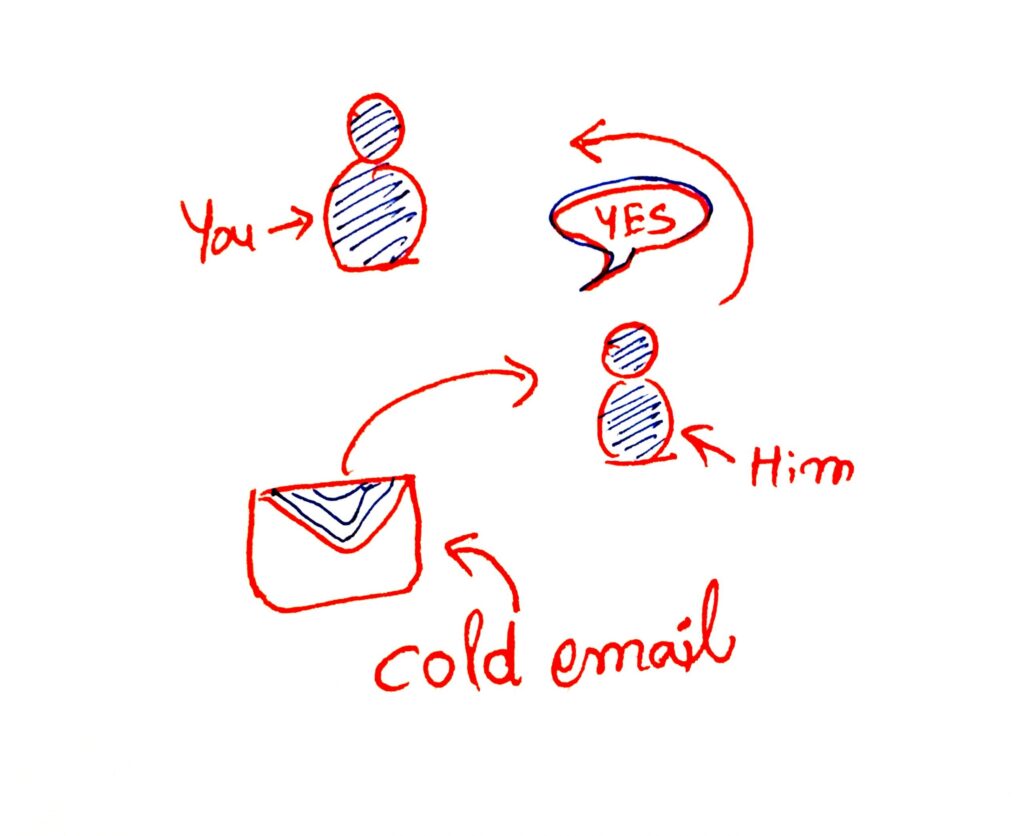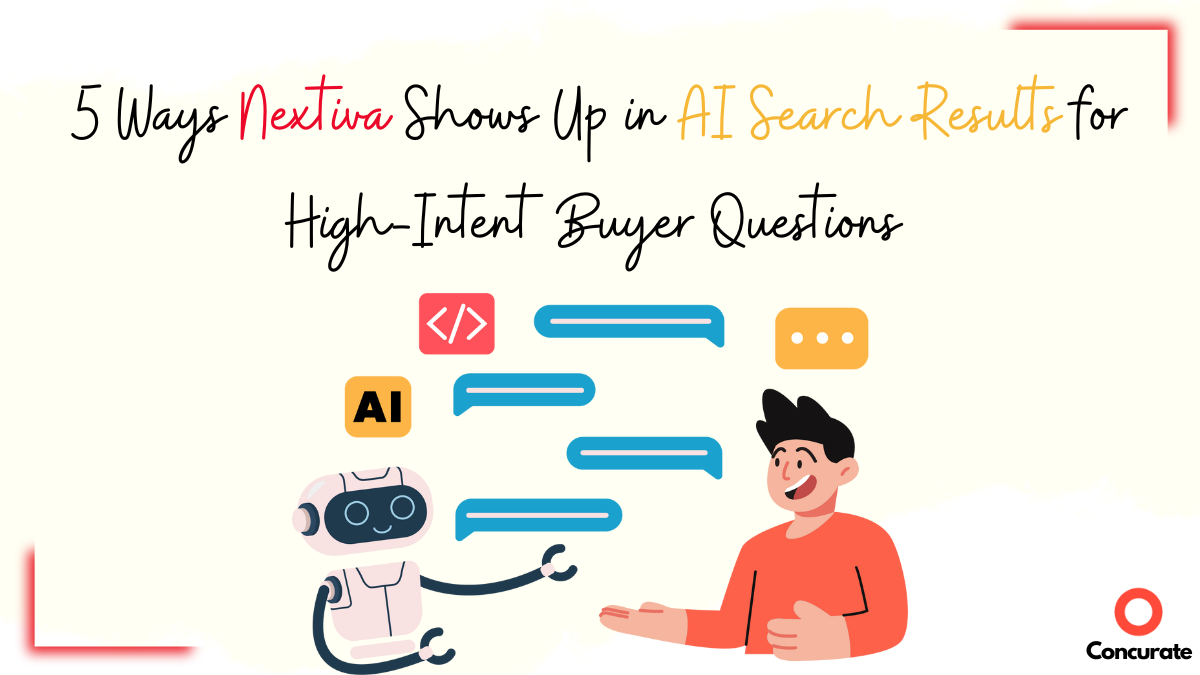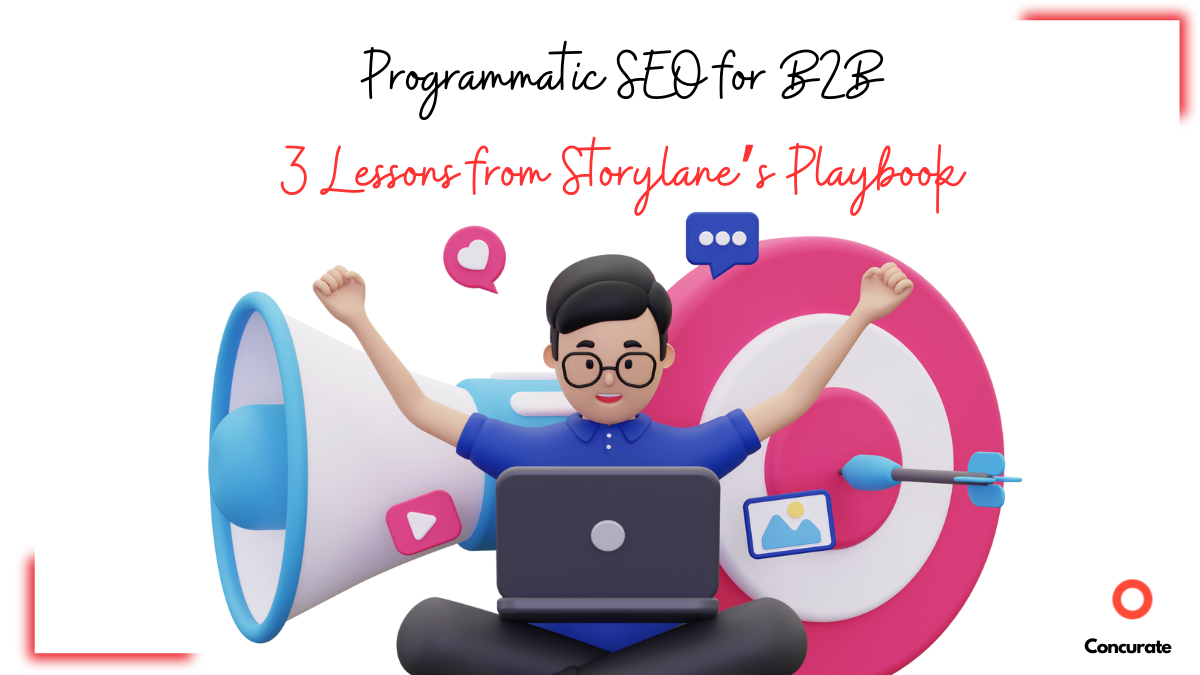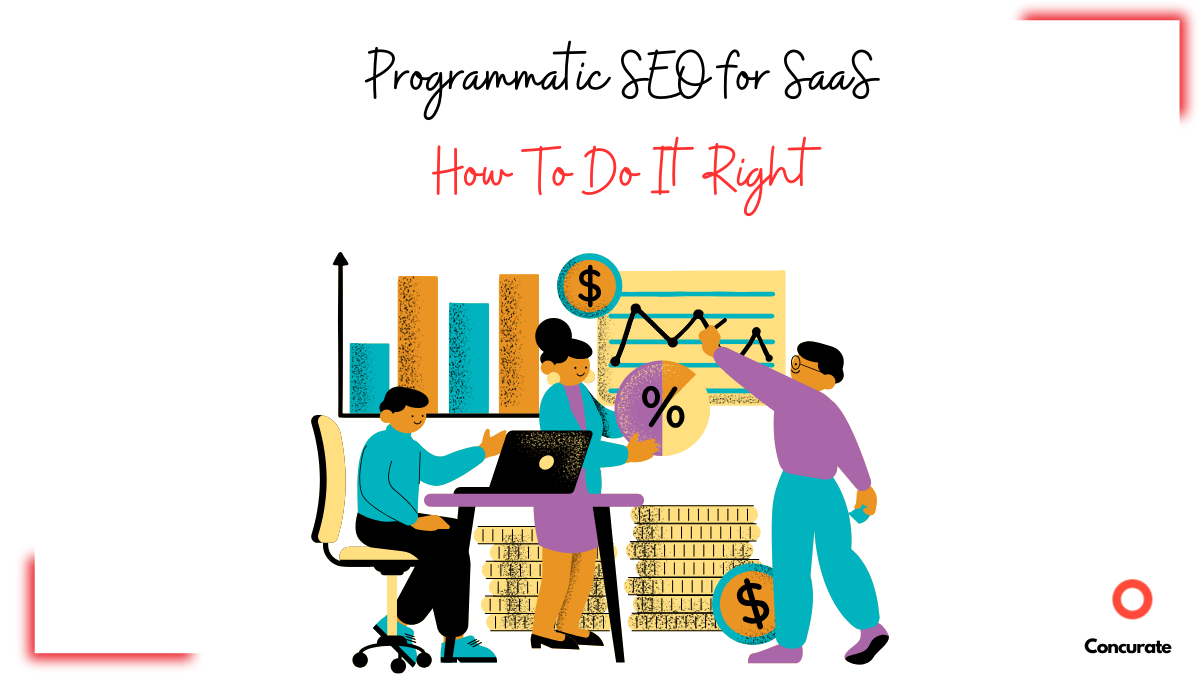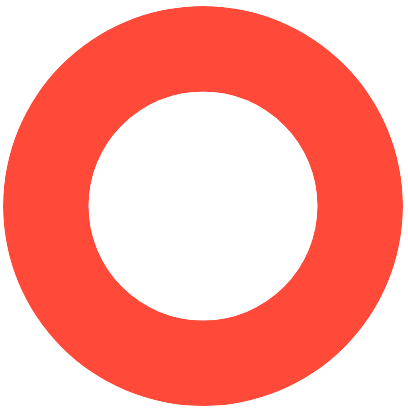96 Emails, 10 Replies, 7 Calls Landed – How did we get such incredible success in a cold reach-out?
Cold reach outs suck!
We’ve converted this entire blog in PDF form that you can download and save for later reading (or sharing with your friends). You can download it using the form below:

The average open rate for emails for all industries is 21.33%, and the average click rate for all industries is 2.62%. At the same time, the average cold email response rate is 1%.
The difference between sending a cold email and a generic marketing email is that cold emails do not pitch the product right away. Read on to get a better hang of writing a cold email to build relationships and maximize engagement as a marketing strategy.
The Best Marketing Doesn’t Feel Like Marketing
Tom Fishburne, the founder of Marketoonist, was aware of the challenges of modern marketing when he said that best marketing doesn’t feel like marketing. The foremost challenge of smart marketing is finding out your target customer market.
Hoping that all the creatures of the world love your product is just wishful thinking. You need a comprehensive strategy designed to maximize your product visibility and engagement based on your market segment.
One of the other essential challenges marketers face is putting out the right content through the best marketing channel. Cold emails are an excellent channel for marketing when used wisely.
As they say, ‘Content is the King, but Marketing is the Queen, who runs the household.’
For more insights into cold emails as a marketing strategy, let me first walk you through one of the marketing campaigns.
Want to explore more ways to improve your outreach strategy? Check out this guide on how to increase your response rate for cold emails.
The Marketing Campaign
A company ‘X’ built a product ‘S’ primarily for internal use to simplify the consumption of patent data. The product categorizes patents in different categories and can provide ten relevant patents from hundreds of patents overlapping with the user’s products. Thus, S is a faster and better way to manage the patent landscapes and clearance searches.
The team at X decided to test this product in the market for its potential commercialization.
As the marketing strategists for X, we decided to identify the target market and the pain points of the future customers that S can solve. The prospective customer base of the product consists of patent prosecutors and people involved in the Intellectual Property (IP) industry.
Speaking of reaching the right audience, here’s how you can align your sales process with your buyer’s journey.
To understand their challenges, we needed information regarding their strategy to sift through lengthy patent data. As we have already identified, the first step in any campaign is to shortlist potential customers.

Shortlisting People: Combination of Science, Math & Logic:

“The aim of marketing is to know and understand the customer so well the product or service fits him and sells itself.” – Peter F. Drucker
Your customer defines the success of your product. Paint a picture of your ideal customer keeping in mind the pain points which your product can alleviate. Cold emailing as a marketing strategy is effective only when targeted at the perfect customer.
To shoot up the response rate for your emails you need to carefully select your recipients, considering the probability of success. Research about the recipients’ background to see how it aligns with your campaign. Your aim should be to build a rapport with the recipient.
For our marketing campaign, our founding member, Nitesh, crafted a well-thought-out strategy. Here is how he went about it:
- Nitesh narrowed down a list of prospects based on the solutions provided by product S, targeting IP professionals.
- He divided the prospects into two categories:
- Private Practice – Patent prosecutors and IP professionals in private practice with 20+ years of experience.
- Firms & Organizations – Either the head of the organization or the member with the most experience in IP.
The goal of the campaign was to discover the strategies IP professionals use for sifting through patent data, so Nitesh focused on the more experienced professionals who were more likely to require product S.
Another consideration was the recipient’s involvement in pro-bono work. People involved in pro-bono programs tend to be more inclined to help, making them more likely to respond.
Now let us see what a cold email should comprise to increase your response rate.
Pro tip: If you need 30 standout SaaS growth hacks to attain double the growth for your SaaS business, fill out the form below!
5 Must-Haves in a Cold Email that gets Read
#0. An Inviting Subject Line
“On average, five times as many people read the headline as read the body copy. When you have written your headline, you have spent eighty cents out of your dollar.” – David Ogilvy
Your subject line is what decides the fate of your email.
According to Invesp, 47% of email recipients open an email based on the subject line, whereas 69% report email as spam based solely on the subject line.
Write an intriguing and personalized subject line to pique the recipient’s curiosity, allowing them to open the email instinctively.
#1 Introduction – It’s About the Recipient & Not the Sender
“Good marketing makes the company look smart. Great marketing makes the customer feel smart.” – Joe Chernov
Before earning your recipient’s interest, you need to show interest in the recipient first.
If you’re looking to craft high-impact marketing emails, take a look at these 10 key takeaways from Grammarly’s email marketing.
Pro tip – Open your conversation that shows your interest in the recipient’s work. Make the recipient feel special and personalize each email according to the recipient. However, don’t lay it on thick.
As Owen Feltham rightly said, “There is no belittling worse than to overpraise a man.” Keep it simple and low-key. Once you get your recipient hooked, they are bound to read the rest of the email.

#2 Establish Your Credibility
“Marketing is no longer about the stuff that you make, but about the stories you tell.” – Seth Godin
Cold emailing is like shooting a dart. To hit the bullseye, you always need to remain focused on your goal.
With your cold emailing campaign, your ultimate goal is to market the product that you will pitch at a later stage. So you need to answer some questions for the recipient like, ‘What’s in it for them? Why should they be interested in listening to what you have to say? Why should they be giving you their time?’.
Since you are a stranger to the recipient, you also need to establish your credibility in a couple of sentences. Once you have told the recipient about your interest in their work, you need to introduce yourself.
Tell your story and make it enjoyable. But, again, don’t overdo it. Be humble, but make sure that while introducing yourself and your company, you make it worthwhile for the recipient to further the conversation.

#3 A Low Friction ‘Ask’
Aim for breaking the ice with the recipient in a cold email. Your request from the recipient should be modest. Emails are like invitations for further conversation.
In our campaign, we only asked the recipient for a short connect over a topic of common interest – patent analytics. If you have a high friction call-to-action (ask), it can overwhelm and put off the recipient.
Want to see how other businesses craft winning outreach strategies? Take a look at how we helped a client double their leads.
A successful cold email is a means to start a dialogue. Once you get the conversation going, you can introduce and market your product to the prospective customer.

#4 Keep it Crisp
You need to respect the recipient’s time. Keep your email straightforward and concise. Wordy emails are more likely to be headed to spam or trash.
Remember that the idea of a cold email is networking to sell your product in future communication, not straight away. Start a conversation with a cold email, and then take it ahead for marketing your product, eventually.
If you’re looking for more sales tips, check out these top 15 sales tips for the year.

Pro Tip:
There is no harm in following up to top up your email in a busy inbox. According to Woodpecker, the average response rate of campaigns with 1-3 emails in a sequence is 9%.
In comparison, the reply rate of campaigns with 4-7 emails in a row is three times higher, i.e., 27%. Also, keep in mind to have a decent gap between follow-up emails so that you don’t end up flooding the recipient’s inbox.
A well-crafted follow-up email after 8-10 days can lead to a (probably positive) reply from the recipient.
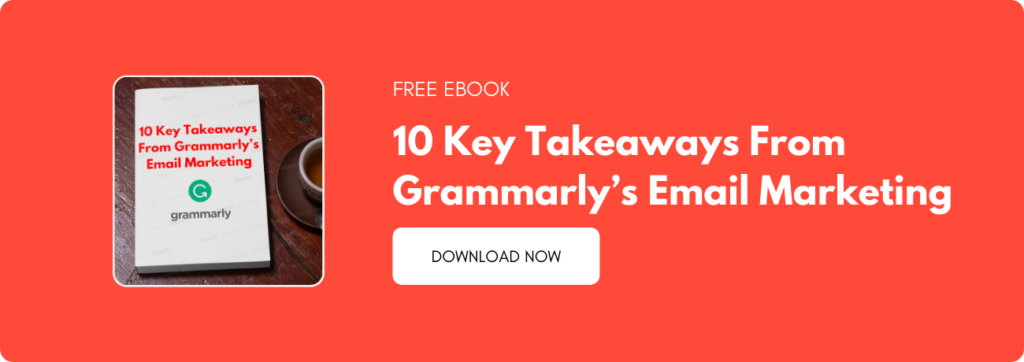
Visual Powerful Cold Email Teardown
Subject
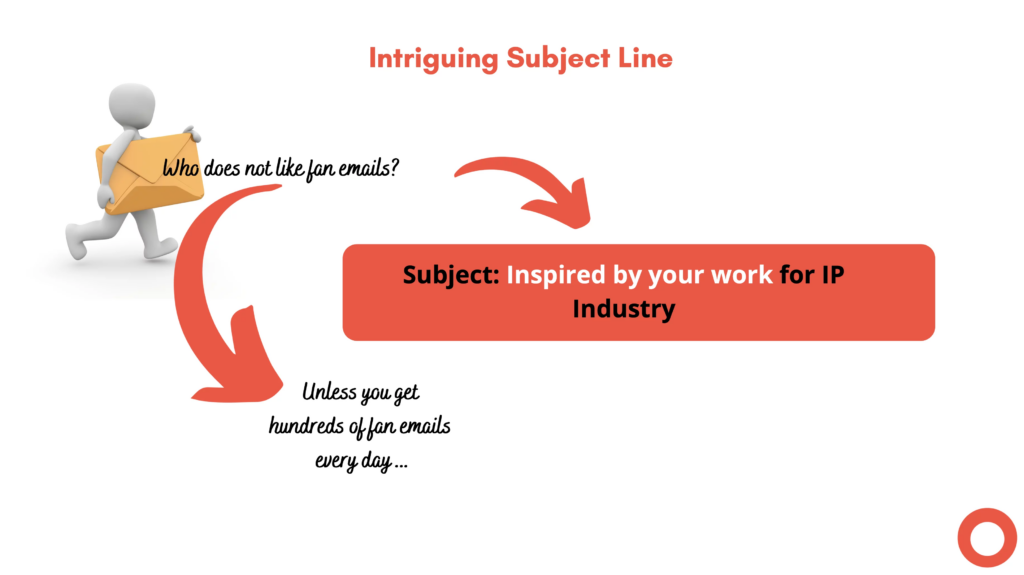
Conversation Opener
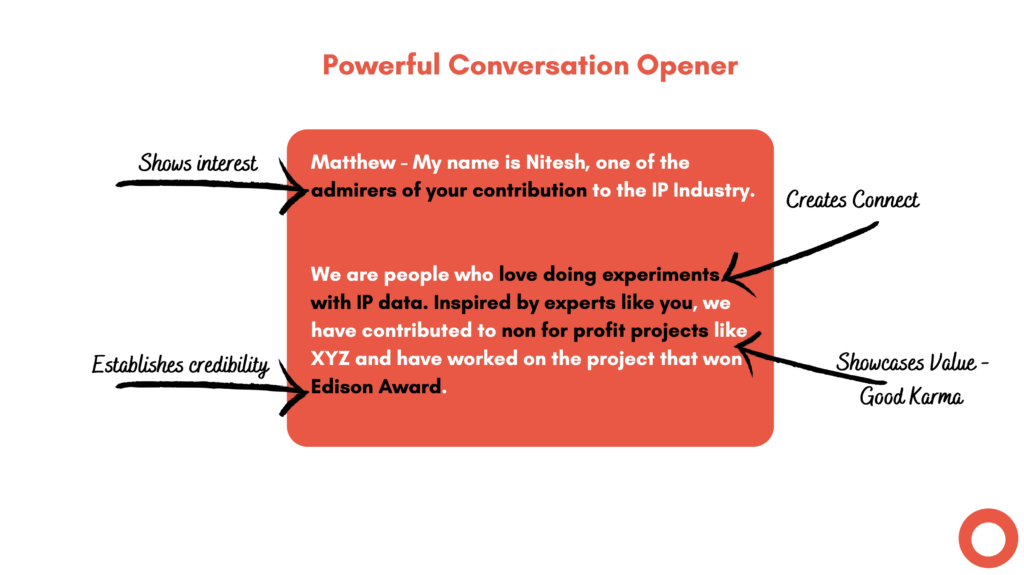
Ask
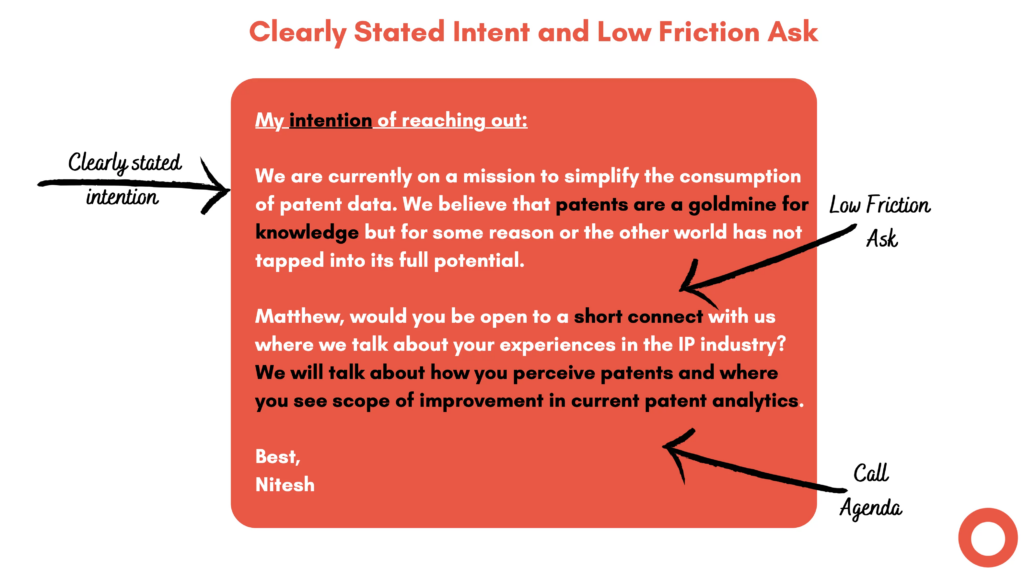
Follow Up
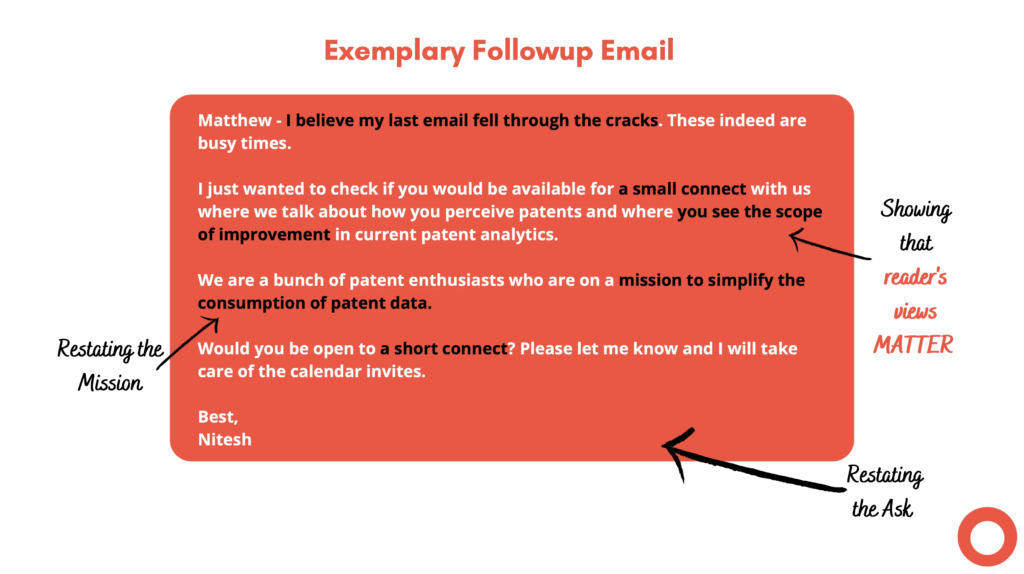
Successful Response – Hurray!
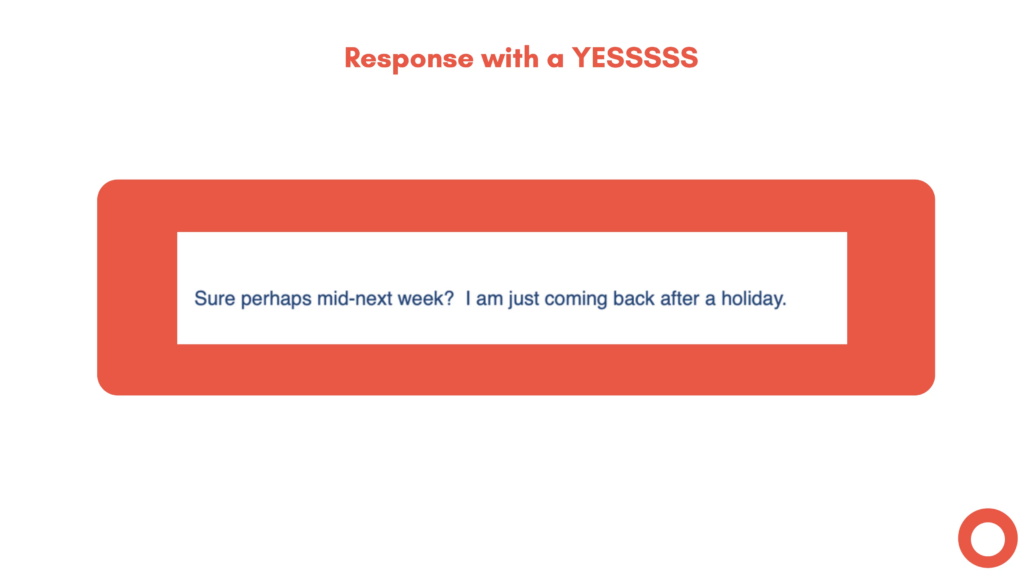
Key Takeaways
Remember that the essential part of a cold email is researching your recipient persona well. Personalizing the email takes you a long way. Today all the professional information about a person is available either on LinkedIn or their organization’s websites.
A short search about your recipients to ensure that they are the right fit with your campaign will lead to triumph.
The key takeaways on how to write a cold email are:
- Treat your subject like a movie trailer, give a preview of what to expect
- Open your email with the recipient’s work and your interest in it
- Introduce yourself and how your work aligns with the recipient’s area of work
- Use a low commitment call-to-action
- Don’t go overboard – keep your email concise
- Follow-up on your email in case of no response
Increase your cold email response rate and engagement with these simple steps. Get in touch to discover if we can be your growth partners.
Writing effective cold emails requires a balance of personalization, timing, and engagement.
At Concurate, we help businesses craft impactful email marketing strategies that resonate with their audience.
If you’re ready to boost your cold email open rates and improve engagement, let’s connect and explore how we can help your business grow.



